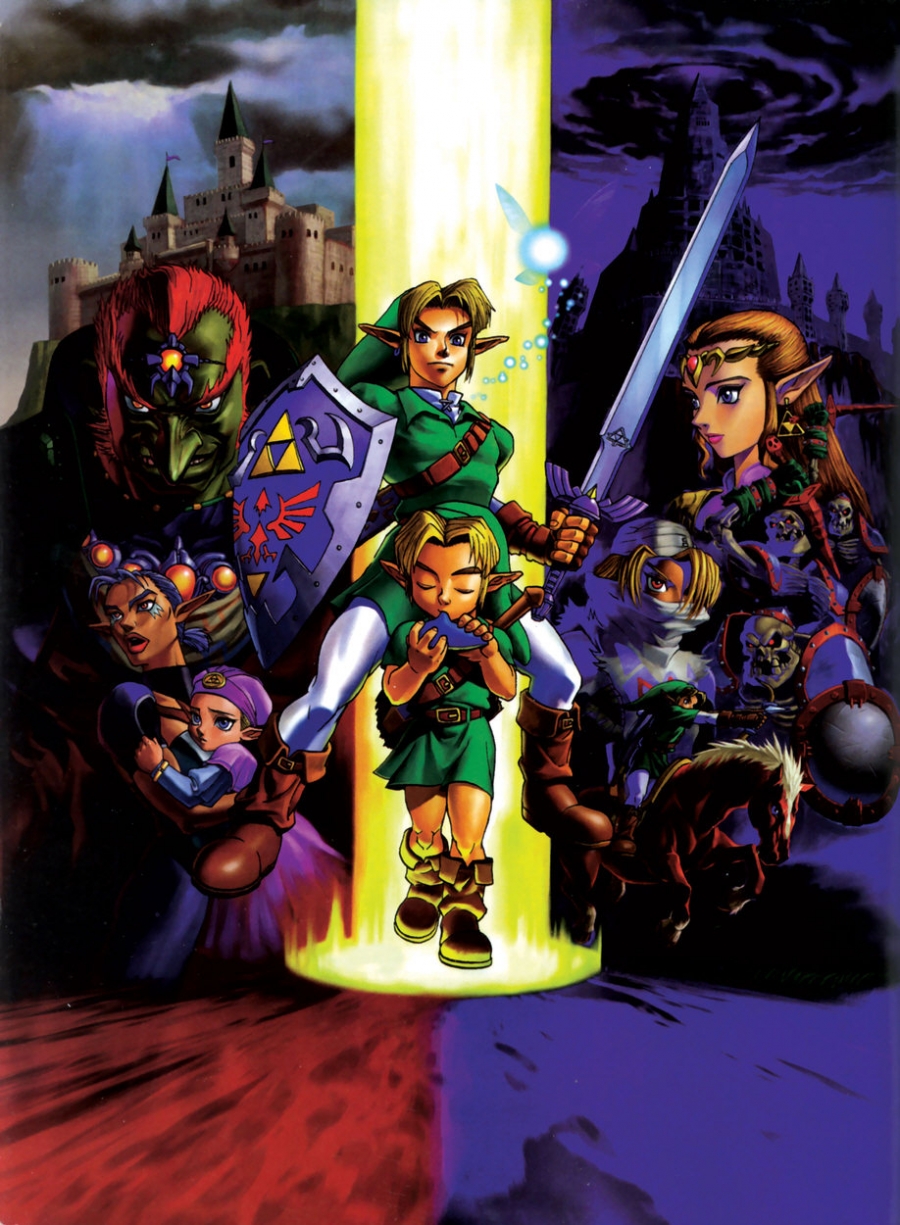Imagine having a meaningful and engrossing conversation with one of your friends about the benefits of scientific knowledge today. Eventually physics comes up and your friend says, "I don't believe in gravity. I mean, it IS only a theory." Maybe your first reaction would be, "Did I hear you correctly?" or "We're not friends anymore." Regardless of your response, you would think them to be wrong in their belief due to the massive amount of evidence supporting this theory (including the fact that we can't jump off the ground and fly into space).
 |
| ...or can we? |
Yes, gravity IS a theory. When a person claims that they don't believe in gravity because it's "just a theory," it's fairly easy to realize that this belief is ridiculous. However, in popular culture, the same "logic" is applied to theories such as evolution and global climate change. Why is this? Perhaps it is because of an old and popular assumption of what 'tolerance' is.
The understanding goes that, in cases where claims can be made, all beliefs are equally legitimate. That isn't tolerance - it's intellectual relativity. This relativity leads to a picking and choosing of beliefs based on selfish wants instead of truth. It leads to the belief in numerous theories in chemistry and biology that are the basis for disciplines such as meteorlogy and medicine (both important in modern society) while disregarding other theories from the same sciences (ie. global climate change and evolution). This exploitation completely ignores the fact that all of these theories derive from the same foundation: the scientific method.
 |
The scientific method uses the epistemological understanding that knowledge is derived from experience to create a foundation for science - and since knowledge is based from experience, evidence becomes science's tool to further understanding. Essentially, evidence is all we have to use to predicate understanding and, hence, (dis)belief (logic helps along the way, but itself is founded on evidence derived from simple mathematical concepts in the physical world and capabilities of our brain, ie. subitizing).
But relativism removes this foundation by making assumptions of correct and false based on wants and dislikes. All of this leads to the sporadic debasing of any knowledge we have. A prime example of this is the most popular group of relativists in the world: religious moderates. They hypocritically claim to be part of a certain religious system but believe and follow rules they base on what they want or like, then neglect what they dislike. In this case, dogmatism is less dangerous since it puts itself on the same evidential playing-field as science (with its objective claims), allowing more factual claims to become the only relevant ones. thus, the product of intellectual relativity is stagnation in understanding, the termination of innovation and invention, and the extinction of progress (Dark Ages anyone?). If progress is valued, then relativity isn't an idea worth sustaining.
 |
| "Just think, we could have been exploring the galaxy by now." |
True tolerance is temperance with one's own beliefs when other claims, of equal or more evidential basis, are apparent (typically with the purpose of progressing one's beliefs into more truthful ones). Tolerance can't be had if claims aren't, at least, on equal evidential basis. As the great and late Christopher Hitchens stated, "What can be asserted without proof can be dismissed without proof" - and it follows that a claim with evidence can only be dismissed by a claim with more factual evidence of an equal or greater amount.
Then again, I could be wrong and people probably don't believe in evolution and/or global climate change because they think it's a set-up by the leftist, anti-American, communists who want to control the world (however, I would posit the importance of evidence in this case as well). At any rate, if there wasn't a heavy evidential basis for global climate change, the health and sustanance of 'life as we know it' being essential to the survival of our species should be enough proof of what actions we need to take when it comes to how we treat the environment. Then again, the importance of this life could be completely waned by an everlasting afterlife, making the wellness of this life far less pertinent, but, once again, evidence is crucial.









.png/800px-Forest_Temple_Entrance_Hall_(Ocarina_of_Time).png)

